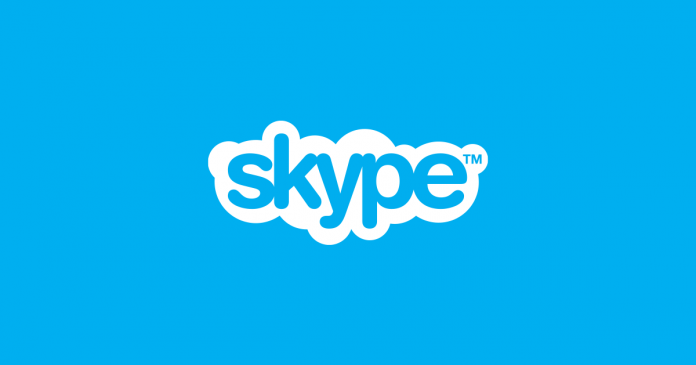Skype is one of the biggest online communications tools in the world, but for over a month it’s been missing in China. According to The New York Times, it’s not longer available on both Apple and third-party Android app stores.
Chinese users are now without the service despite paying subscription fees. In an emailed statement, Apple pointed to the violation of local law as a reason.
“We have been notified by the Ministry of Public Security that a number of voice over internet protocol apps do not comply with local law. Therefore these apps have been removed from the app store in China,” said a spokeswoman. “These apps remain available in all other markets where they do business.”
The move follows a general crackdown under President Xi Jinping, with several other apps also biting the bullet. In autumn, WhatsApp was blocked in the country, and Facebook, Gmail, Snapchat, and Twitter are also unusable.
It’s thought the use of encryption is behind the bans, as they make it difficult for the government to monitor. Other violations include the ability to use fake names on the services.
Skype’s Return
The major question is whether Skype will make it back to the stores. The app still appears to be functioning in the country, it just isn’t available. Previously, Microsoft has worked with China to provide bespoke versions of Windows 10, so its possible it will make adjustments.
For now, we simply have a vague statement. A Microsoft spokesperson said the company is “working to reinstate the app as soon as possible”, and suggested the removal was temporary.
However, China’s recent cybersecurity laws are very open to interpretation.
“A broad reading of provisions in the law could be taken to mean that there is no longer support for allowing unfettered access to foreign communications tools such as Skype, WhatsApp, Signal and others that are outside the direct control of Chinese authorities,” said Paul Triolo, head of global technology at Eurasia Group, a political consultancy.
It’s possible the removal isn’t as temporary as Microsoft suggests.






